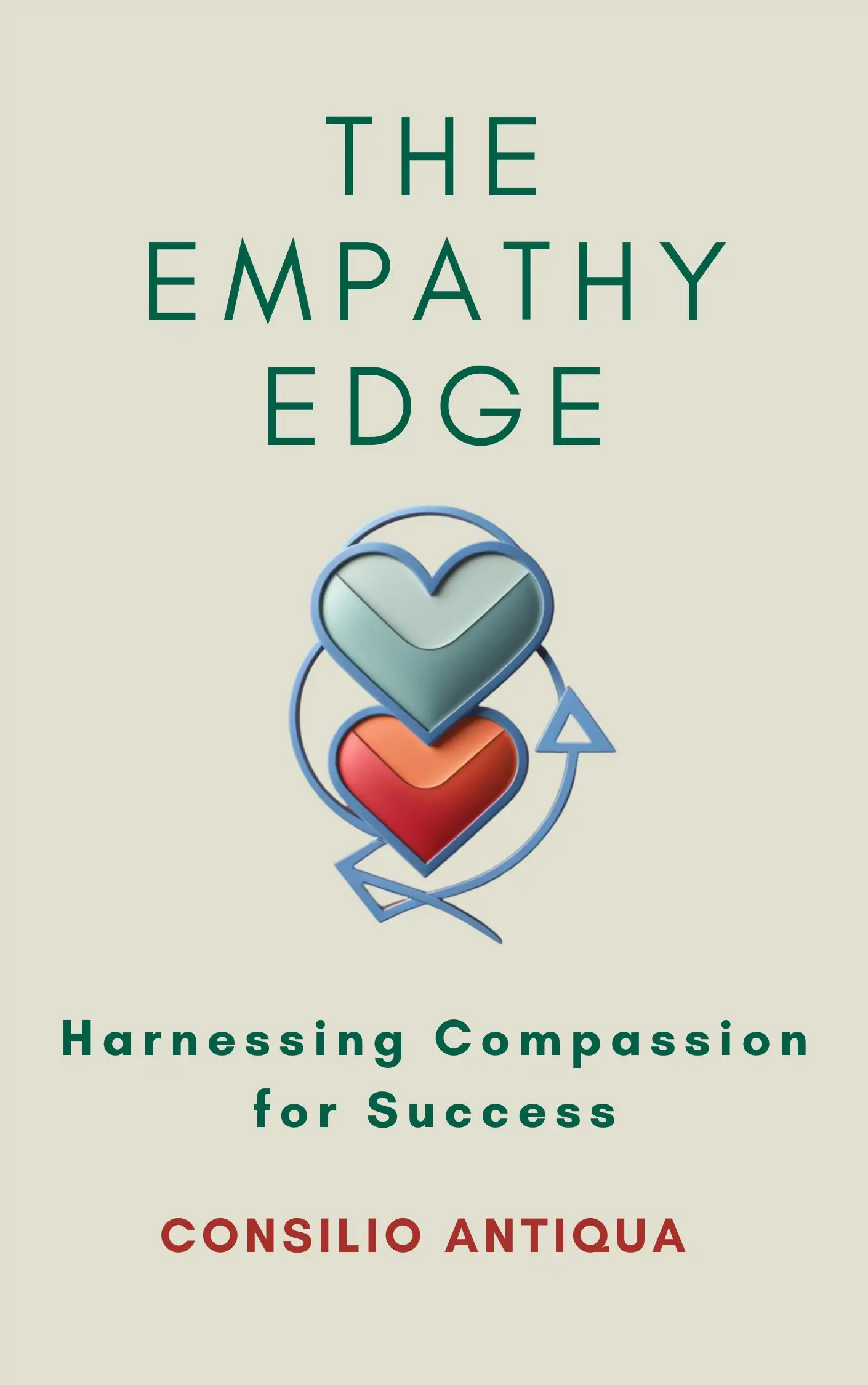
The Empathy Edge | Chapter 5: Empathy in Family Dynamics
Chapter 5: Empathy in Family Dynamics
Remember that time you completely misread a friend's text and accidentally launched into a full-blown "crisis intervention" when they were just venting about a bad hair day? Yeah, we've all been there. It's a reminder that even with our closest friends, understanding what's really going on beneath the surface can be tricky. Now imagine navigating those same emotional currents with your family – the people who know how to push your buttons better than anyone else on the planet. That's where empathy becomes less of a nice-to-have and more like a superpower.
Empathy, at its core, is about tuning in to the emotional radio station of the people around us. It's not just about hearing their words, but also sensing the unspoken melody of their feelings. And in the symphony of family life, where everyone's playing a different instrument, empathy is the conductor that helps us create a harmonious tune.
Let's say your teenage son, let's call him Noah, comes home from school, slams the door, and retreats to his room without a word. Your first instinct might be to launch into a lecture about manners or demand an explanation. But what if you paused and tried to dial into Noah's emotional frequency? Maybe his shoulders are slumped, his face is flushed, and you can practically hear the frustration radiating off him. Instead of adding to the noise, you could gently knock on his door and ask, "Hey Noah, rough day?"
That simple act of acknowledging his feelings, without judgment, can be like turning down the volume on his internal storm. It shows him that you're not just trying to fix him, but that you genuinely care about what he's going through.
Now, imagine a different scenario. Your eight-year-old daughter, Maya, is in tears because her older brother, Ethan, "borrowed" (without asking) her favorite stuffed animal and accidentally ripped its ear. Ethan, in his pre-teen wisdom, rolls his eyes and mutters, "It's just a toy." This is a prime opportunity to teach both kids a valuable lesson in empathy. You could say to Ethan, "Maya's really upset. How do you think she feels when her favorite toy gets broken?"
By encouraging him to step into Maya's shoes, you're helping him develop his empathy muscles. And for Maya, you can validate her feelings by saying, "It's okay to be sad when something you love gets broken. It sounds like that stuffed animal is really special to you."
Empathy isn't just for kids, either. Think about your own parents or grandparents. As they get older, they might face health challenges, memory loss, or the frustration of not being as independent as they once were. Imagine your mom, who was always the life of the party, now struggling to remember names or feeling overwhelmed by simple tasks. Instead of getting impatient or dismissing her concerns, you could offer a listening ear, a helping hand, and a reminder that you love and appreciate her, even if she's not the same person she used to be.
Empathy, in all these situations, is about bridging the gap between our own experiences and the experiences of others. It's about recognizing that even when we don't fully understand what someone is going through, we can still offer them compassion, understanding, and support.
Tuning In: A Family Empathy Experiment
Want to strengthen your family's empathy muscles? Try this:
- Pick a family member. It could be your spouse, your child, your parent, or even a sibling you haven't connected with in a while.
- Become an emotional detective. For the next week, pay close attention to their words, their tone of voice, their body language. What clues are they giving you about their emotional state?
- Reflect and connect. Take some time each day to reflect on what you've observed. Ask yourself: "If I were in their shoes, how would I feel?"
- Express your empathy. It doesn't have to be a grand gesture. A simple "I can see you're feeling frustrated" or "It sounds like you had a tough day" can go a long way.
- Share your insights (optional). If you feel comfortable, you could even share your observations with your family member. This can open up a deeper conversation and strengthen your bond.
Empathy isn't always easy. It requires us to step outside of our own comfort zones and truly see the world through the eyes of others. But the rewards are immeasurable. When we practice empathy in our families, we create a space where everyone feels heard, understood, and valued. We build stronger relationships, navigate conflicts more effectively, and create a home filled with love, compassion, and genuine connection. And that's a melody worth playing on repeat.
